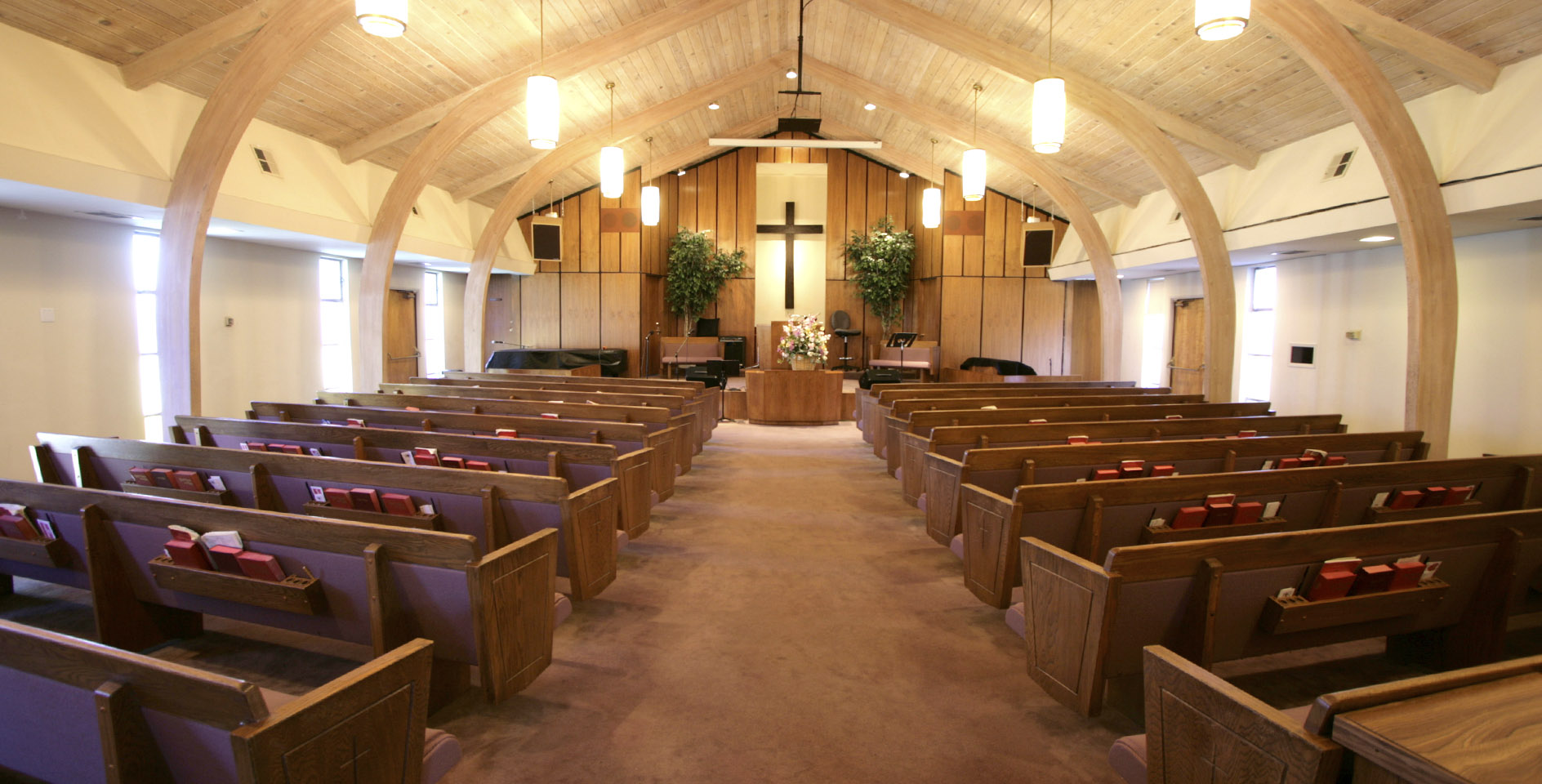Often, when we think about ethical issues, we consider matters that pertain to the public square, cultural engagement, and what it looks like for the gospel to influence society. However, we must also look to our own house, the local church, and see the moral realities that ought to permeate our own ranks, by God’s grace. Membership and discipline within a local church are needful practices that profoundly shape the church’s inner life and external witness.
Church membership and church discipline are both connected to the realities of community and authority. However, in societies that possess a strong individualist impulse, consumeristic bent, or a resistance to authoritative structures, the call for joining a church formally and submitting to God-given authority is often not well received. The question of authority is relevant to the discussion of local church membership and discipline, because membership and discipline involve a life of submission. This life of submission begins with what we might call the “front door” to the church, namely, church membership.
Why church membership is important
There are numerous reasons one should consider church membership to be an important doctrine. First, as disciples we are called to persevere in the faith, and this is an ongoing community project. We are called to exhort one another day after day so that we are not hardened by the deceitfulness of sin (Heb.3:12–13) and not to neglect meeting together so we can stir each other up to love and good works (Heb.10:23–25). Perseverance in the faith is not something we do merely on our own; it is meant to be pursued with brothers and sisters in Christ gathered around the Word of God, encouraging each other to put off sin and run the race with perseverance (Heb.12:1–2). Together, gathered around the Word and the ordinances, we pursue holiness in all facets of life, because God is holy (1 Pet. 1:15-16).
Membership and discipline within a local church are needful practices that profoundly shape the church’s inner life and external witness.
Second, the covenant commitment of the local church makes the invisible new covenant visible. We cannot see or hear a person being united to Christ and receiving his Spirit by faith, though it is real and eternal (2 Cor. 5:17). Christ, however, intended for the realities of the gospel as displayed in the new covenant to show up on earth. All of this community knows Christ, from the least to the greatest (Jer. 31:31-34). Christians join a local church in membership, show the initiation of their covenant relationship with Christ through baptism, and demonstrate continual celebration of and submission to the new covenant and that local community through the Lord’s Supper (Acts 2:42-47). These acts within a local church make the truths of the new covenant manifest for other church members, as well as for an unbelieving world.
Finally, as we conceive of what a church is, we must understand that a church is its membership. In other words, the actual constitution of the church, what its makeup consists of, is people joined in covenant with one another to oversee each other’s growth in discipleship. It is the people who are accountable to one another (Heb. 3:12-13; 10:24-25), with whom we fulfill the “one another” commands, and who submit to a particular group of local church leaders (Heb. 13:17). This mutual accountability and shared life in covenant community is a tangible reality. With this understanding, if we take away church membership, we negate the reality of the church as a visible entity, as well as a crucial means of pursuing conformity to Christ.
Why Church discipline is essential
As one considers the cultural consequences of individualism, consumerism, and aversion to authority, it must also be noted that church discipline is a necessary reality as the “back door” of the church. Again, many more reasons could be enumerated for the importance of ecclesial discipline, but here are three.
First, the practice of discipline is explicitly mandated in Scripture. Matthew 18:15-20 and 1 Corinthians 5:1-13—along with a number of other passages—specify in detail the methodology and reasoning for such a practice. With such clear warrant and direction from Scripture, all with a heart to form a holy people, it is imperative that we approach this area of church life with care.
Second, as counterintuitive and countercultural as it sounds, discipline is a proper demonstration of the biblical concept of love. God disciplines those whom he loves (Heb. 12:6–11), and thus a church who claims to love its members without disciplining them contradicts Scripture and offers a different kind of love than God does. Church discipline can potentially be a painful process, but as a spiritual family, we are called to work through such matters faithfully and gently. Not only are we called to go through this process in a loving manner, the very act of discipline should be seen as an act of love.
Finally, as with membership, discipline is tied to the call for a persevering faith. Part of the work within membership to encourage one another to endure in the faith includes the process of church discipline. This calls for a clear doctrine of sin and salvation. We undergo this process not merely to punish someone, but to call them to repentance. If someone undergoes the final step of church discipline, often referred to as excommunication, the church is essentially saying they do not observe the fruits of salvation exhibited in that individual’s in a demonstrative way. Their stubborn refusal to repent of sin does not characterize a Christian, and thus excommunication is a declarative sign of potential end-time judgment. As such, the point of this action is to call that person to repentance, and if they take that step we lovingly restore them to the body of Christ.
In this way, membership and discipline have a symbiotic relationship. The church recognizes those who confess Christ as the means of their salvation, and members oversee one another in their lifelong discipleship. Those who deviate from the pursuits of discipleship, living instead in ongoing, unrepentant sin, must be engaged with the truths of the gospel for the purity of the church and the good of the person in sin. Discipline gives meaning to membership, recognizing such a status is not for perfect people, but for those who believe in Christ, continually repent of sin, and humbly pursue discipleship in a local church context. Thus, membership and discipline serve as crucial practices in the life of the church.
Editor’s Note: This post is adapted from the book, 40 Questions About Church Membership and Discipline (40 Questions & Answers Series).









